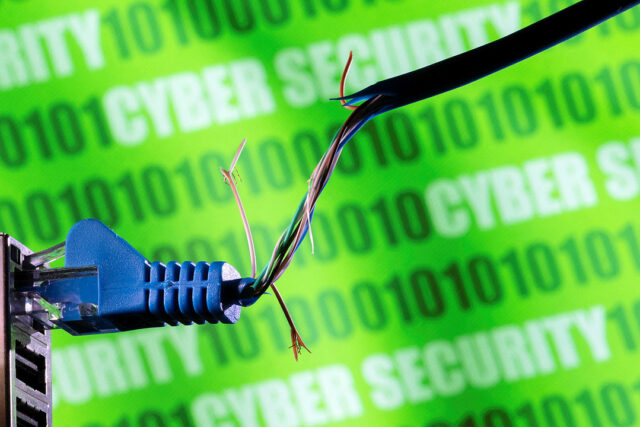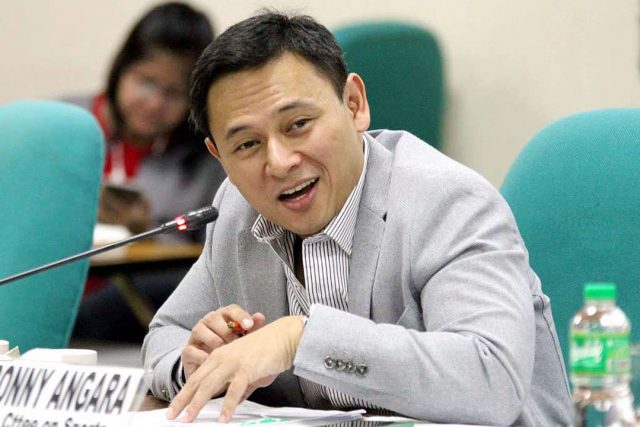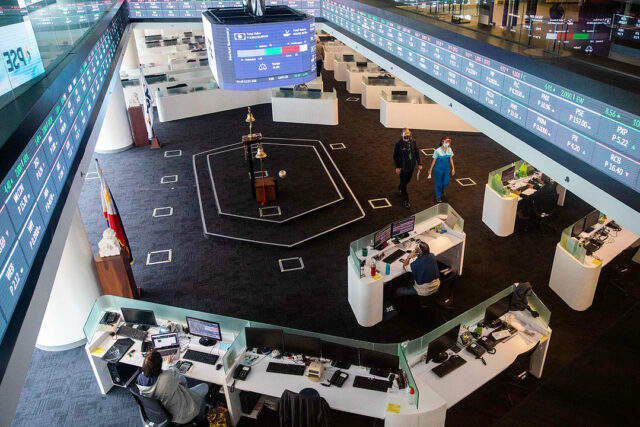THE PHILIPPINES is increasing its talent pool in the fight against cybercrimes while boosting the sharing of information with international partners against all forms of digital threats, the Department of Information and Communications Technology (DICT) chief said on Thursday.
President Ferdinand R. Marcos, Jr. has approved a medium-term cybersecurity plan following a year that saw a significant increase in hacking incidents targeting both private and government assets.
The “comprehensive” plan identifies cyber assets and infrastructure that need to be protected and requires coordination among government agencies, DICT Secretary Ivan John Uy said at a Palace briefing, days after a meeting with the President.
“It provides how all of the different government agencies, the different sectors, whether its energy, transportation, finance sector can come together and address quick responses in case there are any attacks or any attempts,” Mr. Uy said.
He said the plan also includes an advance threat assessment to deter any potential attacks with the help of information from international partners.
“For instance, if an attack happens in the bank in another country, then we’ll have information exchange programs through our computer emergency response teams so that we can proactively advise our banks here,” he said.
At present, there are more than two million job vacancies for cybersecurity, and “this is attributable to the fact that during the pandemic, a lot of brick-and-mortar businesses have moved online,” Mr. Uy said.
The cost of cybercrime to the global economy surpassed $8 trillion in 2022, according to Evolve Security, citing data from global data and business intelligence platform, Statista.
The cost may go beyond $11 trillion in 2023, it said in a website post, adding that cybercrime could cost the global economy more than $20 trillion by 2026, “a 1.5 times increase compared to figures in 2022.”
Philippine police chief Benjamin C. Acorda, Jr. earlier said online scams are the most common cybercrimes in the country.
The Philippines’ shopping scam rate hit 35.9%, the highest among 11 Asian countries surveyed, according to the 2023 Asia Scam Report, which was based on data collected from 20,000 respondents.
Mr. Uy said the government seeks to equip more of its workers with skills needed to deter threats confronting the cyber world and hopes to expand its cybersecurity training under a DICT academy to cover private individuals.
“Currently with the resources that we have, we’re currently upskilling government workers first,” he said. “But it’s in our program to be able to deploy more inclusive cyber training to the general public within the year.”
The government is also working with academic institutions for them to adopt the cybersecurity programs that the DICT has been curating, he added.
“And we are also working with industry to provide content,” he said, noting that private sector members like Google and Microsoft are offering certificate programs related to cybersecurity.
On entering into partnerships with private companies offering cybersecurity programs, Mr. Uy stated: “We are identifying which training components should be free and be given to the public. We will be negotiating with these companies to provide maybe a volume discount [for the public].”
In addition, he said the DICT would offer scholarship programs for highly skilled cybersecurity talents, especially those with “hacking” skills.
Interior and Local Government Secretary Benjamin C. Abalos, Jr. on Tuesday said the problem of cybercrime, which is costing the global economy at least $3 trillion yearly, has gotten worse that it has already overtaken theft as the No. 1 crime in the Philippines.
Top cybercrimes in the country include swindling or estafa, illegal access or hacking, identity theft, online libel, and ATM and credit card fraud.
Also on Tuesday, the Philippine National Police (PNP) said it had trained over 400 officers on cybersecurity last year. The agency has been instructed by the President to expand the training to include police stations at the local level.
Personal information of millions of Filipinos had been exposed last year due to massive data breaches, including data from the country’s state health insurer and internal and revenue bureau.
The websites of the Philippine National Police, House of Representatives and the Senate were also not spared from hacking incidents.
Mr. Uy said the government has been looking into criminal organizations and possible foreign actors.
“We take those things very seriously and we actually have built up more competencies in detecting early on any of those attempts to hack into not just government systems, but also private corporations.”
“There have been some private institutions that were also compromised by ransomware,” he added.
Earlier this week, House Speaker Martin G. Romualdez called for a probe into hacking attempts over three weeks ago that targeted government websites, which the DICT had linked to Chinese entities.
When asked whether such attempts could be linked to the Philippines’ sea dispute with China, Mr. Uy said: “That’s not for us to come out with that conclusion yet. It’s too early but anything is possible.”
Agencies targeted by recent hacking attempts were the Overseas Workers Welfare Administration, Mr. Marcos’ office, and the Philippine Coast Guard, which has been on the forefront of efforts to protect Philippine territories in the South China Sea.
“Currently take it on face value and see how things develop,” he said. “In cyber investigations and analyzing all of these, we never rule out anything.”
Mr. Uy said the Philippine government is open to working with other nations including China, Hong Kong, Taiwan, and Singapore — which are all prone to cyber threats — to deter crimes in the cyber world.
“There are many criminal organizations, mercenaries, cyber hackers hiding in different countries and using their talents in bad ways,” he said. “So, coordination among different countries is important to work together and go after these groups.”— Kyle Aristophere T. Atienza











